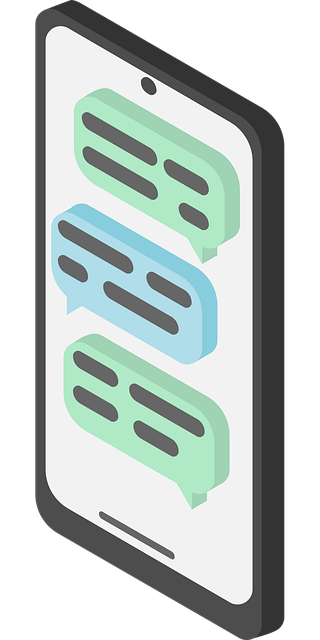Quantum computing emerges as a powerful tool in the fight against spam calls in New York City. By leveraging quantum bits (qubits), this technology can analyze large datasets at lightning speeds, identifying and predicting spam calls with high accuracy. Spam Call law firms in NYC are already exploring this technology to enhance their strategies and block unwanted calls more effectively. This revolutionary approach complements existing methods like the National Do Not Call Registry and telco provider tools, empowering residents and legal professionals to combat persistent intrusions and enforce the Telephone Consumer Protection Act (TCPA).
In the bustling metropolis of New York City, navigating a constant barrage of spam calls has become an all too familiar struggle. This article explores how quantum computing, a revolutionary technology with immense potential, can transform the way we combat these unwanted intrusions. By delving into the world of quantum algorithms and their application in spam prevention, we uncover innovative strategies to enhance New York’s approach to regulating spam calls, providing a roadmap to a quieter, more peaceful urban environment. Discover how quantum computing can act as a game-changer in stopping spam calls, backed by expert insights from top spam call law firms in NYC and beyond.
Understanding Quantum Computing and Its Potential to Combat Spam Calls
Quantum computing represents a paradigm shift in processing power and efficiency, offering immense potential to tackle complex problems that traditional computers struggle with. In the context of New York City’s ongoing battle against intrusive spam calls, this emerging technology could be a game-changer. Spam call law firms in NYC are already exploring quantum computing applications to enhance their strategies and better serve clients.
By harnessing the power of quantum bits or qubits, which can exist in multiple states simultaneously, quantum computers can process vast amounts of data at unprecedented speeds. This capability is particularly useful for identifying patterns and correlations within large datasets, such as phone call records. Quantum algorithms can analyze these data points to recognize and predict spam calls more accurately, potentially leading to more effective blocking mechanisms. This advanced approach could help residents of New York City, who often face a deluge of unwanted calls, regain control over their communication networks.
New York's Approach to Regulating Spam Calls and the Role of TCPA
New York City, like many urban centers, faces a persistent issue with spam calls, which can be particularly intrusive and annoying for residents. The state has taken proactive measures to regulate and mitigate these unwanted communications through laws such as the Telephone Consumer Protection Act (TCPA). This federal legislation sets guidelines on how businesses can contact consumers via phone, aiming to protect individuals from excessive or harassing phone marketing. In New York, the TCPA is enforced rigorously, with strict penalties for violators.
To stop spam calls in New York, residents have several options. They can register their numbers on the National Do Not Call Registry, which restricts telemarketing calls. Additionally, many telco providers offer call-blocking features or custom filters that can be tailored to block specific types of calls, including those from known spam sources. Engaging a spam call law firm or hiring lawyers specialized in TCPA legal services is also a strategic move for individuals and businesses seeking to protect themselves from these persistent intrusions.
How Quantum Computing Can Enhance Spam Prevention Strategies in NYC
Quantum computing offers a revolutionary approach to enhancing spam prevention strategies in New York City. With its ability to process vast amounts of data at incredible speeds, quantum computers can analyze patterns and trends in telemarketing and spam calls more effectively than traditional systems. By employing advanced algorithms, these machines can identify and block suspicious numbers, reducing the volume of unwanted calls received by NYC residents.
This technology can significantly improve the enforcement of existing spam call laws, such as the Telephone Consumer Protection Act (TCPA). Quantum-powered tools can swiftly scan through massive datasets to pinpoint law firms or individuals breaking these regulations. This enables New York-based legal professionals specializing in TCPA cases, like those at reputable spam call law firms, to take swift action against offenders, thereby protecting consumers and upholding the law.






